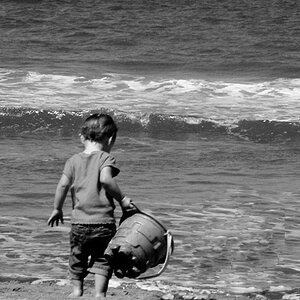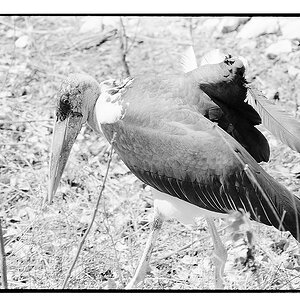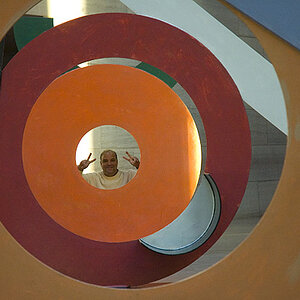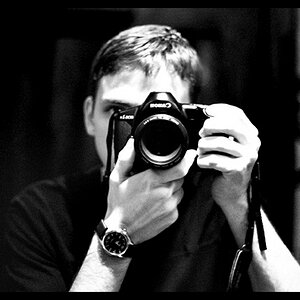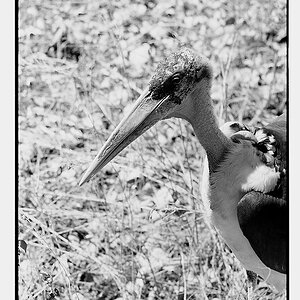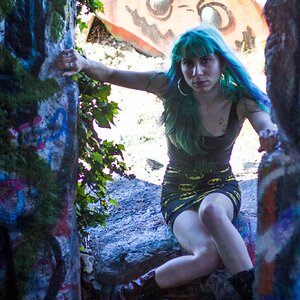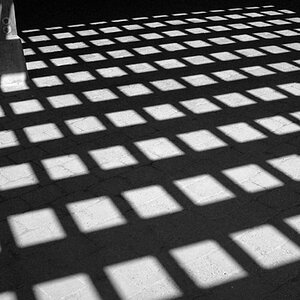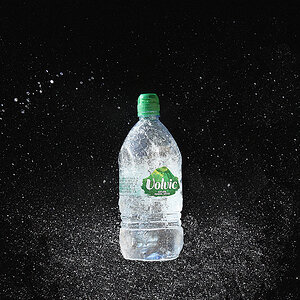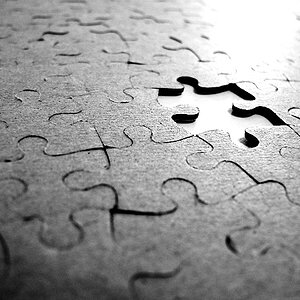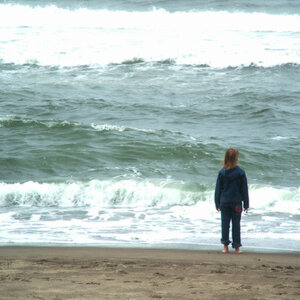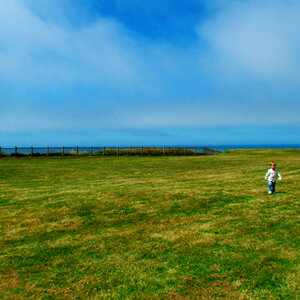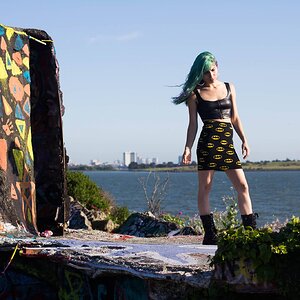- Joined
- Apr 14, 2013
- Messages
- 2,677
- Reaction score
- 2,044
- Location
- India
- Website
- www.rajarshiphotography.com
- Can others edit my Photos
- Photos OK to edit
This is not a rant, just a story I wanted to share.
So I was just back home after a long session in the jungle,crawling around dog poop and stalking a rose ringed parakeet family. I fired up lightroom and started processing the files. This is when my brother shows up, gives me a smirk and says "Anyone can be a photographer if they knew how to use photoshop". Clearly he didn't know the difference between LR and CS, but this led us to a bet and now he has my camera for a week and I've promised to process all his pics for him. The results would be interesting to say the least :lmao:.
I was wondering what's the most absurd thing you guys have ever heard about photography?
So I was just back home after a long session in the jungle,crawling around dog poop and stalking a rose ringed parakeet family. I fired up lightroom and started processing the files. This is when my brother shows up, gives me a smirk and says "Anyone can be a photographer if they knew how to use photoshop". Clearly he didn't know the difference between LR and CS, but this led us to a bet and now he has my camera for a week and I've promised to process all his pics for him. The results would be interesting to say the least :lmao:.
I was wondering what's the most absurd thing you guys have ever heard about photography?


